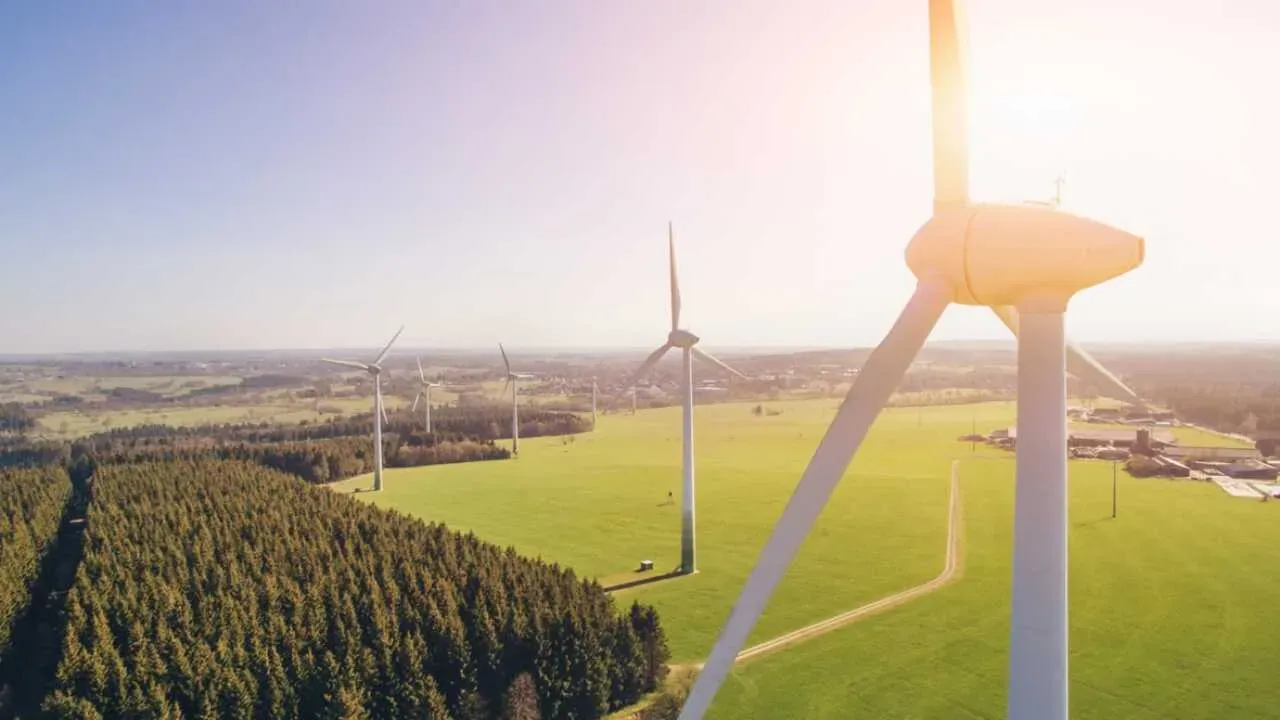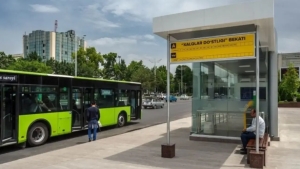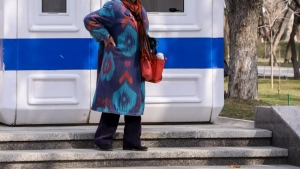Uzbekistan's Results and Challenges in Transitioning to a Green Economy

Deputies of the Legislative Chamber of the Oliy Majlis of Uzbekistan have sent inquiries to ministers regarding the implementation of the country's strategy to transition to a green economy by 2030. This was reported by Zamin.uz.
At the parliamentary meeting, it was emphasized that as a result of reforms in the energy sector, greenhouse gas emissions have decreased by 6.3 million tons. Part of this reduction, namely 500 thousand tons, was sold on the international carbon market, attracting grant funds amounting to 7.5 million dollars to Uzbekistan.
In addition, the country has achieved savings of 6.3 million kWh of electricity, 82 thousand cubic meters of water, and more than 1,050 tons of raw materials. Modern air and gas purification filters have been installed at 140 large industrial and cement plants.
In the spring and autumn seasons of 2024, "green belts" were established in the territories of these plants, and 11.8 million trees and shrubs were planted. Moreover, 7 thousand hectares of unused land from the state forest fund have been developed, and efforts have been made to increase the afforestation level in the country.
At the same time, deputies noted that unresolved environmental protection issues remain. In particular, a systematic approach is needed regarding air pollution, waste recycling, strengthening ecological control, and the widespread introduction of energy-saving technologies.
These issues have been frequently raised by citizens during meetings with deputies. From now on, ministers are required to provide detailed information about the work being carried out to protect the environment.
Specifically, explanations are expected on reducing harmful emissions and waste discharged by enterprises, implementing an ecological certification system, regulating technological processes, and supporting small business entities in transitioning to ecological standards.







